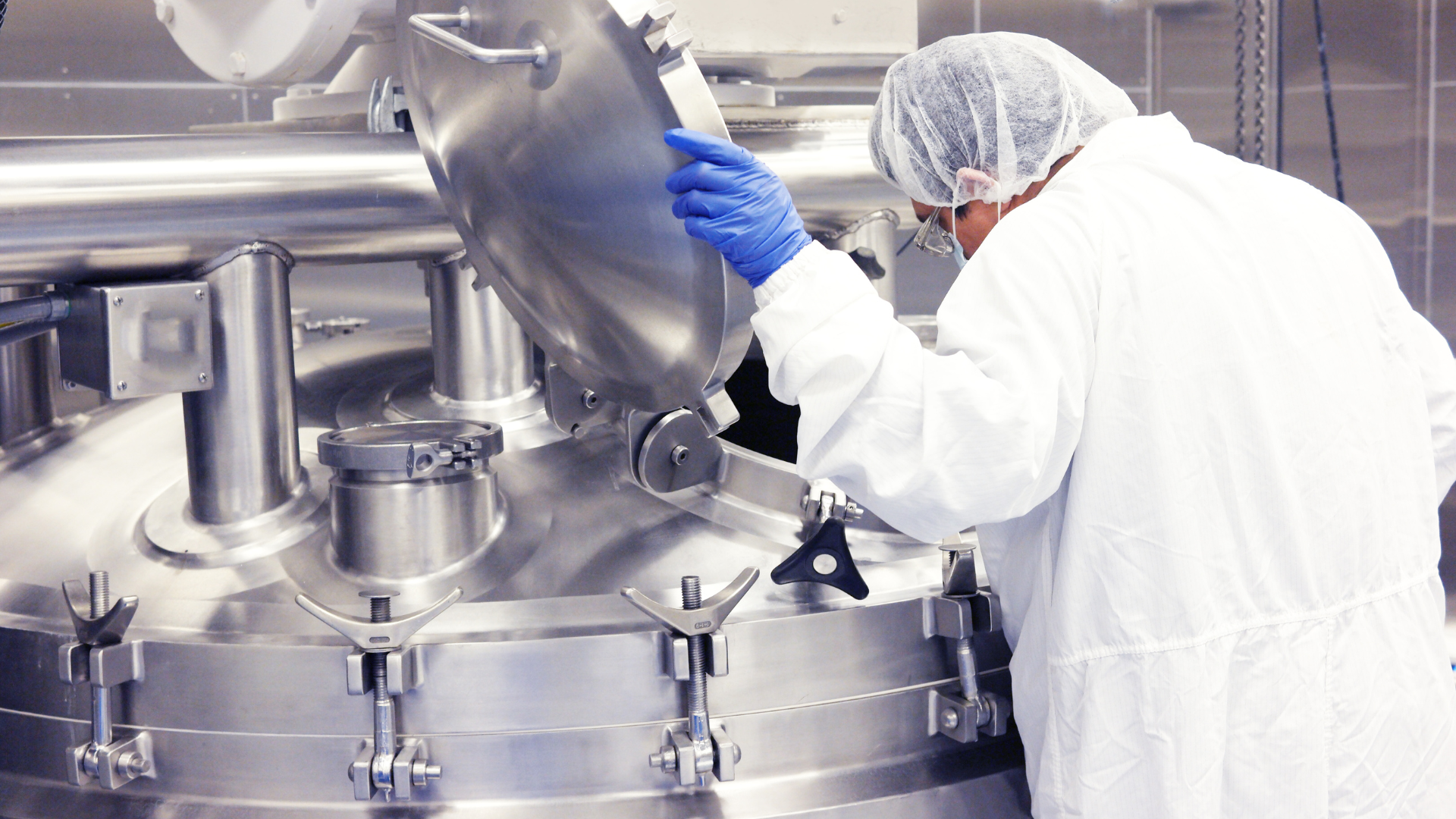Replacing the EU's Clinical Trials Directive: A Sea Change in Clinical Trial Execution

The EU's Clinical Trials Regulation requirements are in the process of replacing the union's former Clinical Trials Directive.
The new requirements came into effect on January 31 2022, although this date only marks the beginning of a three-year transition period.
From January 2023 onwards, new clinical trials conducted within the EU must comply with the Clinical Trials Regulation: ongoing trials may or may not transition from compliance under the former Clinical Trials Directive.
From January 2025, the Clinical Trials Regulation will be fully implemented, reshaping the landscape of clinical trial applications in the EU.
Under the previous Clinical Trials Directive, companies or organisations conducting clinical trials in EU member states were obligated to apply for authorisation in each state in which the trial was taking place.
As a result, clinical trial start-ups often wound up being staggered or delayed on account of different country-level review and approval timelines.
Additionally, the companies running clinical trials had to deal with the added burden of managing multiple submissions.
Directive-related startup delays, along with their associated risks and costs, are thought to have been a major contributing factor in the 25% drop observed in EU clinical trial applications observed between 2007 and 2011.
Aiming to Address Inefficiencies in EU Clinical Trial Applications
The new Clinical Trials Regulation was created to address inefficiencies associated with the existing Clinical Trials Directive, aiming to achieve ‘administrative harmonisation' across member states.
In order to achieve this harmonisation, legislators sought to correct the ‘fundamental flaw' of the 2001 directive: the fact it was a directive, as opposed to a regulation.
This nuance meant that the former directive was only binding “as to the result to be achieved”, with individual countries free to interpret the directive as they chose provided they delivered the “fundamental goals of the directive using their own local laws or regulations.”
In effect, this led to a difference in interpretation between different member states.
Regulations, however, are legally binding legislative acts which are directly applicable in EU member states without the need to implement any national legislation.
Other examples of similar regulations enforced in this way include the 8th Environment Action Plan, which aims to ensure the EU continues to progress towards a sustainable transition.
Alterations Brought by the Clinical Trials Regulation
One of the major changes brought about under the new regulation concerns alterations to requirements for product labelling.
Manufacturers are now required to include an expiry date on primary packaging in line with new labelling requirements.
Previously, Interactive Response Technology (IRT) systems could be used to control and update product expiry dates in order to circumvent the logistical burdens associated with relabelling.
Now, any change to the expiry date of the investigational medical product will directly result in relabelling of the primary and secondary packaging.
The Clinical Trials Regulation has required the development and implementation of a centralised application process, along with consistent timelines for application review by member states and ethics committees.
To accompany the implementation of the Clinical Trials Regulation, a new platform – the Clinical Trials Information System, or CTIS – has been launched to help facilitate the organisation of clinical trial applications across EU member states.
As of January 31 2023, all clinical trial applications must be submitted through CTIS.
The CTIS website declares it to be part of the broader initiative to transform the EU and EAA clinical trial environment to support large clinical trials being run in multiple European countries.
Want to receive the latest industry announcements on cell manufacture and development? Sign up for our Cell series newsletter to get up-to-date news each month. If you'd like to know more about our upcoming 3D Cell Culture conference, visit our event website to download an agenda and register your interest.







